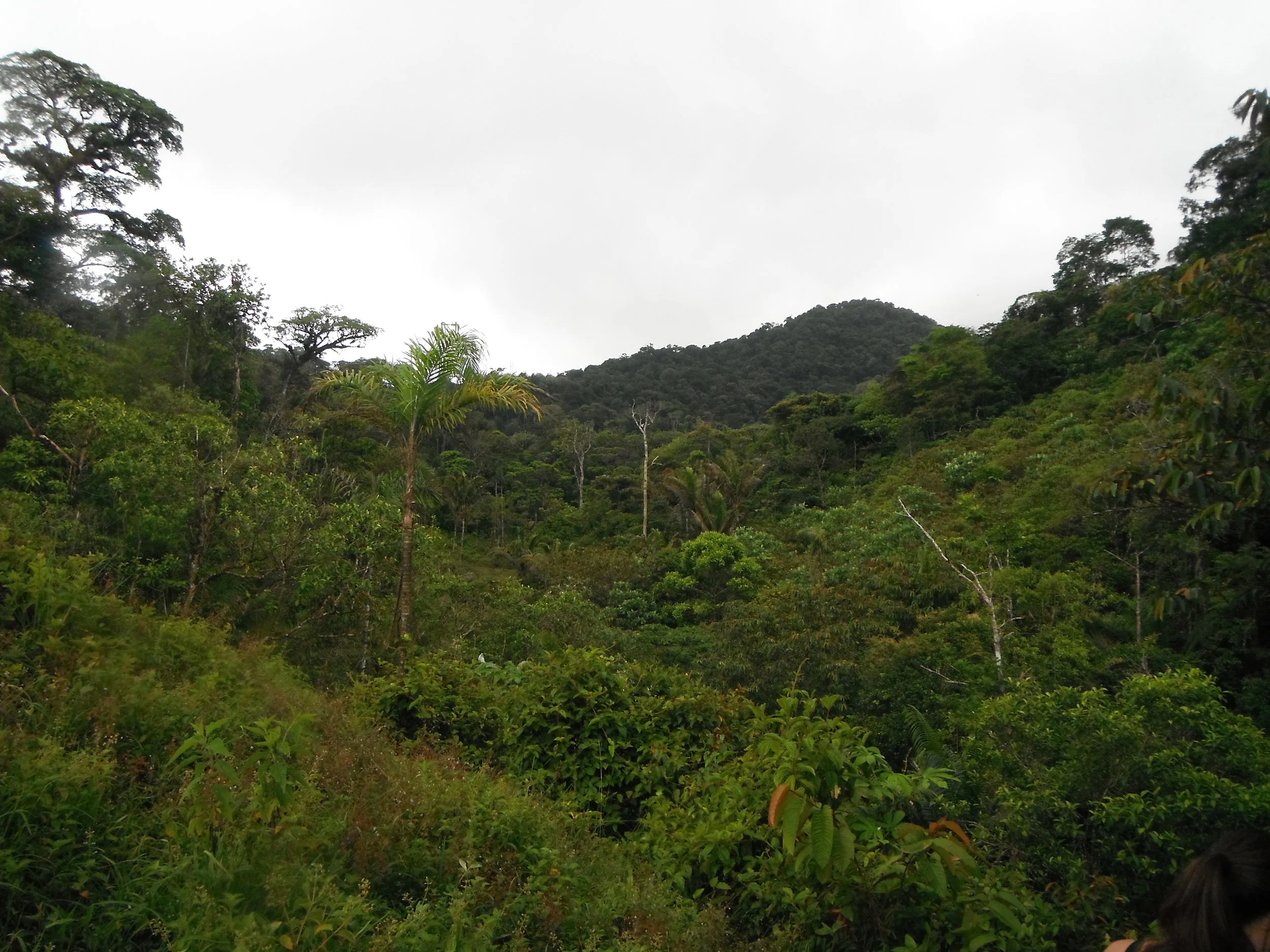Malnutrition is a very serious - and very dangerous - condition which plagues many Latin American communities. In particularly impoverished areas, access to nutritious foods and potable water is limited. Families rarely have enough food to feed every member of the household, either due to poverty or environmental conditions. In the rare cases where there is a sufficient amount of food, the quality of the nutrients provided is often poor, causing deficiencies in micronutrients such as iron, iodine, vitamins A & D, and calcium.
At 18 months old, this beautiful little girl is severely malnourished. Thankfully, she is getting the treatment she needs at Nutre Hogar.
Around the world, an estimated 159 million children under the age of 5 are stunted (low height for age) and 50 million children are wasted (low weight for height).
In Panama, an estimated 71,000 children under 5 are stunted and 4,000 children are wasted. 10% of all births are classified as suffering from low birth weight.
Malnourishment in children causes major short-term and long-term problems. A deficiency in one nutrient will often lead to deficiencies in other nutrients as well. Undernourishment delays early childhood development, meaning children are only able to walk and talk much later in life. Immune system strength is also compromised by undernourishment, making children more susceptible to a variety diseases and parasites; therefore, many children that come to Nutre Hogar suffer from additional health concerns beyond nutrition.
Long-term complications include both growth and cognition. Children classified as stunted may never be able to regain lost growth potential if they continue to live in a nutritionally deprived environment. In addition, total bone growth is limited. Lastly, malnutrition negatively effects brain development causing the following in some cases: attention deficit disorder (ADD), impaired school performance, decreased IQ, memory deficiency, learning disabilities, reduced social skills, reduced language development, and reduced problem-solving abilities.
Friends of Nutre Hogar is doing everything it can to help. With your donation, we can do even more.
*Statistics come from the World Health Organization and The Global Nutrition Profile.




